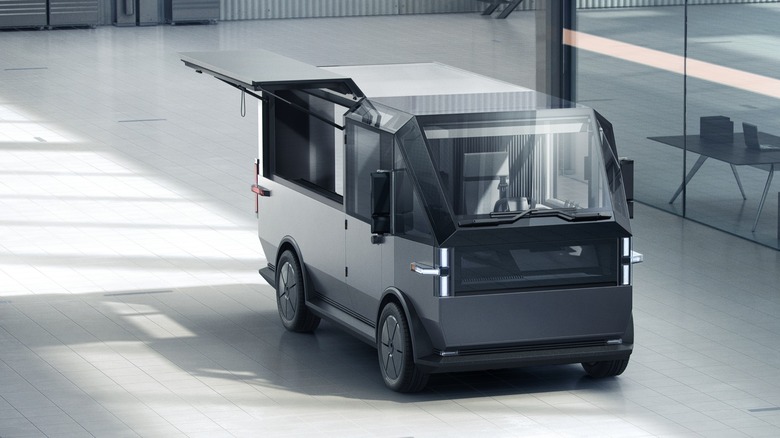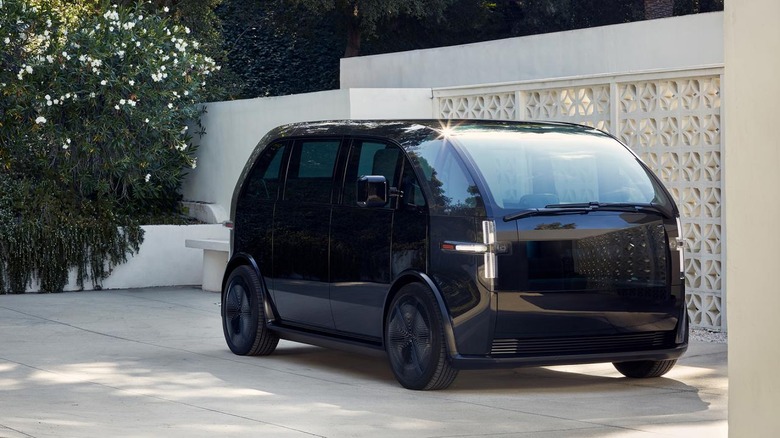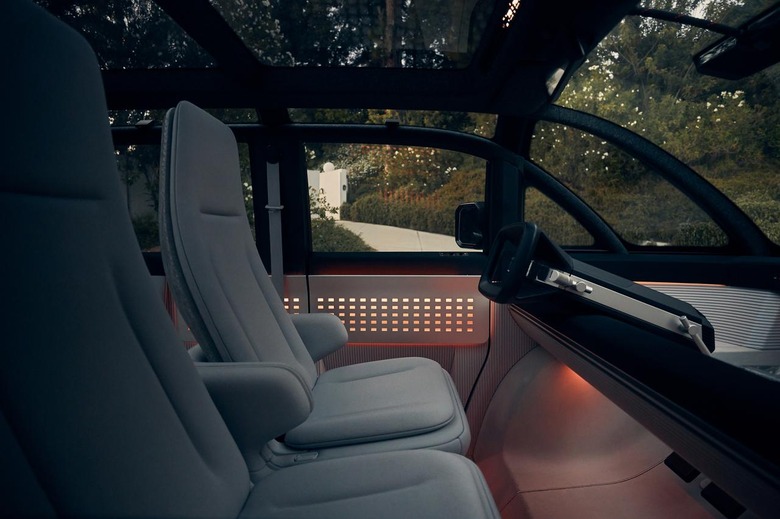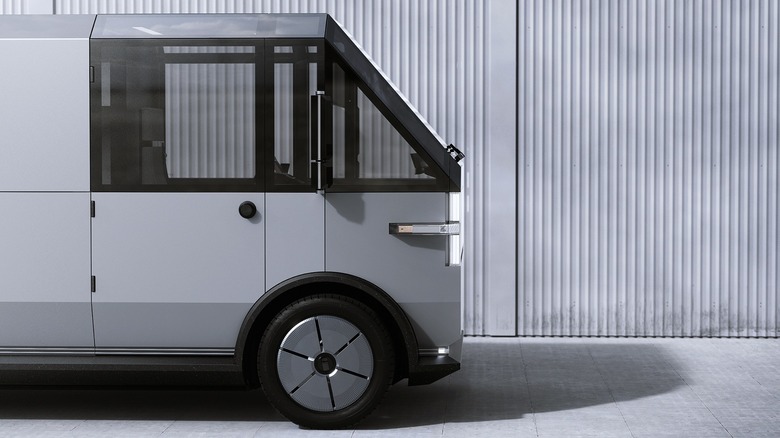Apple reportedly weighed buying arguably the most fascinating EV startup
Apple reportedly weighed acquiring or investing in electric vehicle startup Canoo, potentially tapping its innovative drive-by-wire platform as it works on its own autonomous EVs. While Apple's Project Titan – the in-house team working on car and driverless tech – has seen its longterm goal evolve over the years since its existence was revealed, currently the group is believed to be developing a full Apple vehicle that would showcase its technology.
Exactly what that technology is has been the source of many rumors over the past few years. Project Titan was originally said to be Apple's drive to create its own car, expanding its footprint in consumer devices outside the smartphones and computers it's best known for. In time, though, those ambitions were said to have contracted.
Instead, it was claimed, Apple had set its sights on joining the group of Tier 1 automotive suppliers. The company would sell its advanced driver assistance systems (ADAS) and its high-tech dashboard developments to other automakers, rather than risk wading into the financial sinkhole that is actual vehicle development.

More recent still, the needle has swung back, it's claimed. Apple is back to developing its own EV, with autonomous driving a key part. The company has acquired mobility startups as it does that, including Drive.ai in 2019, but is still said to be on the lookout for more. Canoo is one such example.
According to sources speaking to The Verge, Canoo and Apple met in the first half of 2020 with the possibility of investment or outright acquisition on the table. A deal failed to materialize, however, and Canoo subsequently took alternative investment and then became a publicly traded company late last year.

Electric vehicle startups aren't exactly rare at this point, but even in a crowded field what Canoo is working on is intriguing. The company initially broke cover in late 2019 with its eponymous EV, a minivan-like lounge on wheels that it envisaged offering as a subscription rather than for outright sales. Early in 2020, Hyundai inked a deal with the startup to co-develop an EV platform.
Late last year, meanwhile, Canoo unveiled its second idea: an electric delivery vehicle which it plans to offer in multiple sizes. While the Canoo Multi-Purpose Delivery Vehicle may look different to the original EV, what's special is how they share the same underpinnings. That's a so-called skateboard platform, similar in approach to other electric vehicle manufacturers, but Canoo has pushed the idea further than most.
Effectively, that skateboard includes the batteries, electric motors, brakes, control electronics, steering, and other key drivetrain components. It means that the body and cabin of the vehicle – whatever form that might take – uses drive-by-wire to connect and control the underlying propulsion. In theory, it could make building customized versions of vehicles, or models for different segments and categories, much easier and more flexible.
It's that which is said to have caught Apple's eye, according to the sources. Neither Apple nor Canoo would comment on the report.
Since then, the playing field has changed. Apple and Hyundai are apparently collaborating on electric vehicles and autonomous driving, with the South Korean automaker spilling the beans on the reported deal. According to Hyundai, it's one of several automakers that Apple has been in talks with.

As many would-be Teslas have discovered, having a good idea for your own car and actually developing and building that for commercial sale are very different things. Not only is the research, development, and manufacturing expensive, error-prone, and time-consuming, but passing safety regulations and then supporting owners with servicing is a huge time and money hog.

While Apple has no shortage of cash on hand right now, any way it can leapfrog some of that process by acqui-hiring tech and talent probably looks very appealing. Even then, expects don't expect to see an Apple vehicle unveiled until 2024 at the earliest, and many see even that timeline as ambitious but unlikely.
